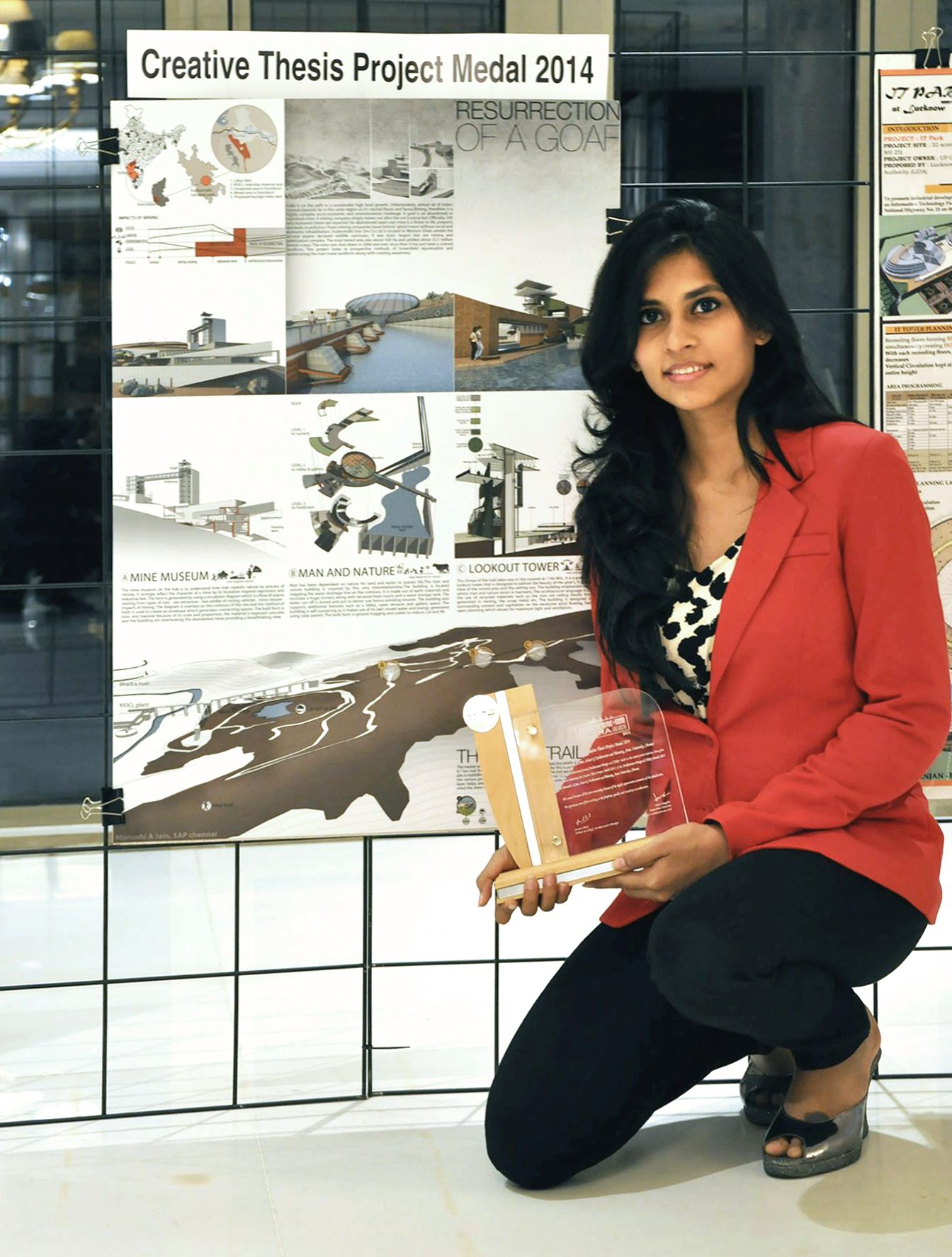(April 5, 2024) With a stellar career full of remarkable achievements, Smita Rajmohan, the Senior Product Counsel for Artificial Intelligence Operations at Autodesk, the California-headquartered software behemoth, has her hands full.
Navigating what is perhaps the technology of the century (artificial intelligence), the lawyer says, “At Autodesk, I help the company safely, responsibly, and ethically develop and deploy artificial intelligence in products and business operations. This involves helping set up AI governance programmes and working closely with product and engineering teams to enable trustworthy AI features in our products.”
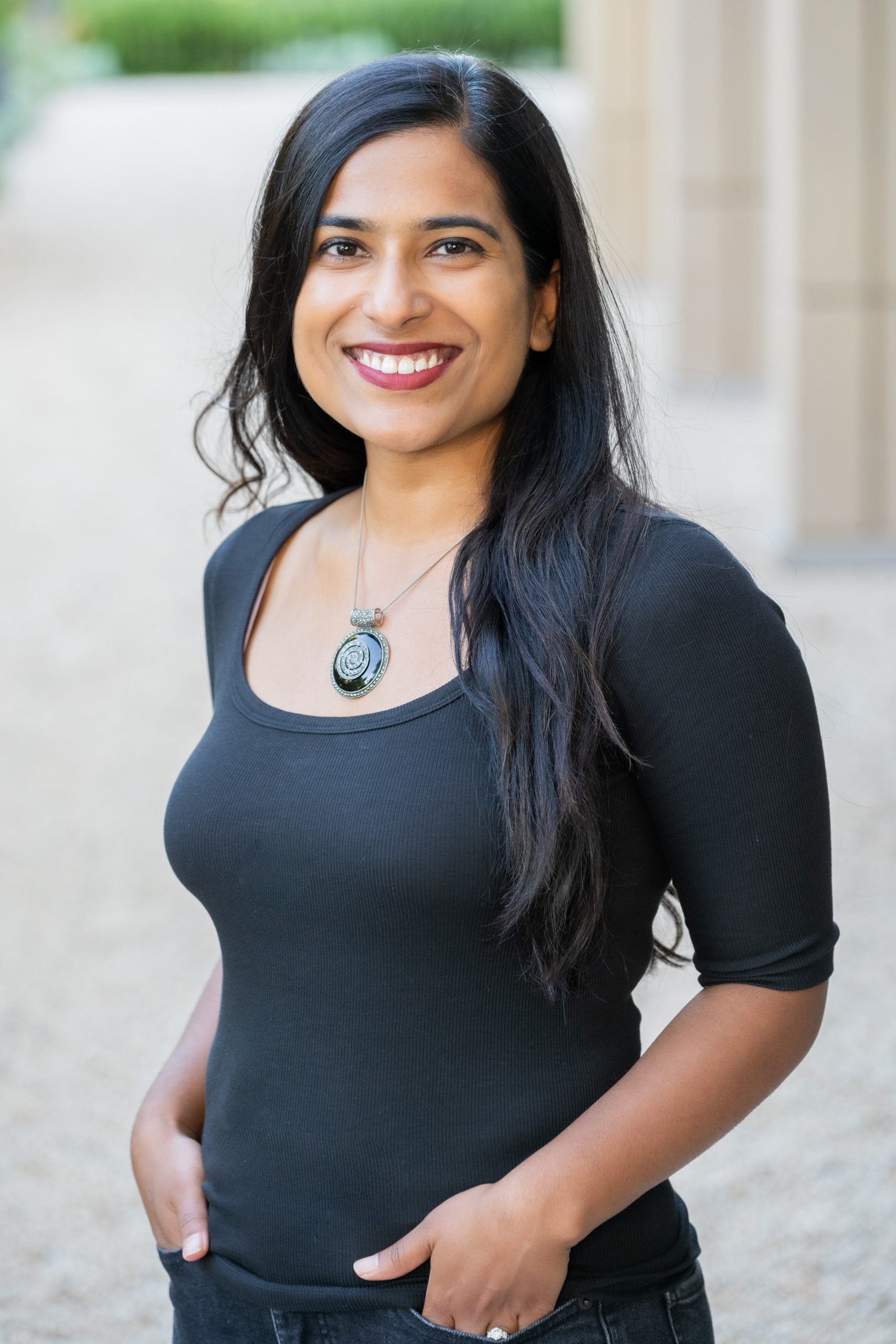
The 34-year-old has had a storied career supporting product launches for the iPad, AirTag, and AirPods at Apple. Featured in Modern Counsel’s prestigious 35 under 35 list, this girl from Delhi has a host of awards under her belt, including the MCCA Rising Star, Unstoppable Women 2020, and Judge CES Innovation Awards. Shaping generative AI development and adoption across the company, this Global Indian focuses on empowering the next generation of legal and technology professionals.
A lawyer at heart
Growing up, Smita looked up to her accomplished grandfather, K.R. Sivaramakrishnan, who made a huge impact on the world through his work at the United Nations and who remains her role model.
Reminiscing about her growing-up years, the lawyer says, “I was raised in a middle-class home in New Delhi with hopes of becoming a journalist growing up. As I started to get older, I realised that while journalists can report on important news and highlight important issues, as a lawyer, I might be in a position to also solve some of those issues. That led me to law school, and the rest is history.”
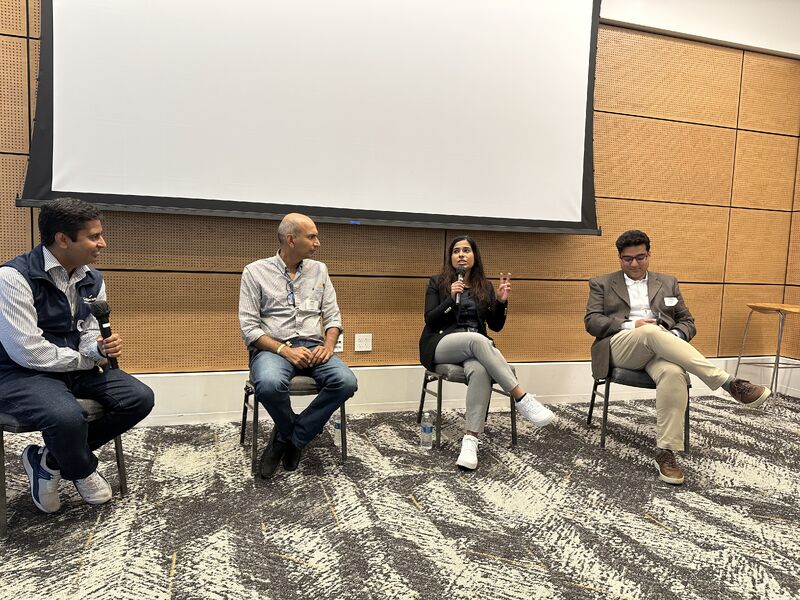
She left India in 2013 to study law at UC Berkeley Law, which has the best intellectual property and technology law courses in the world, and it was in those classes that she found her passion for technology and artificial intelligence. “The thing I remember and miss most fondly is the luxury I had back then to be able to question the law, question policy, and study the philosophical underpinnings of why and how certain laws came to be,” she recalls.
Very early on in her career, the lawyer got the opportunity to work on some incredible deals and transactions. As a lawyer at Kirkland & Ellis and Cooley LLP, she worked on several high-profile deals; the most notable one was assisting her client Apple with its acquisition of Shazam, an application that can identify music based on a short sample played using the microphone on the device. It was a significant landmark in the landscape of artificial intelligence in audio and gave the lawyer great exposure as well as recognition.
ALSO READ | Activist Manjusha Kulkarni’s inspiring journey against racism and hate crimes
Working with AI
As someone who works with AI every day, what are the things one should watch out for while embracing it? She explains. “Artificial intelligence governance includes many facets that are beyond the law. It includes ensuring that AI is rights-affirming, protects the vulnerable (such as children) against manipulation, and is safe for use. The biggest risks in AI stem from data, the collection of the data, and the eventual use of this data. Therefore, data privacy and data protection are crucial parts of AI governance.”
Given the power of technology, the world needs to be mindful of balancing AI innovation with principles such as privacy by design, data minimisation, transparency, accountability, and fairness. The lawyer agrees, adding, “Developing artificial intelligence in this safe and trustworthy manner will ensure that companies retain customer trust.”

Smita is a part of the IEEE AI Policy Committee and has helped draft position statements on AI, including responses to the National AI Advisory Committee and the USPTO. She will be part of working groups at the Biden-Harris US AI Safety Consortium through IEEE. Given her expertise in IP and AI, the lawyer was appointed to the Technology Committee at CITED (California Initiative on Technology and Democracy), a think tank focused on fighting the harms of AI-generated misinformation and its impact on elections and our democracy.
A modern-day lawyer
The archaic perception of a lawyer being solely in charge of writing legal briefs is fading fast. Today, lawyers need to convey their value to their clients and how they can be catalysts for faster innovation. They are now accepted as business partners and even technical experts in terms of intellectual property and data governance.
Smita agrees and adds, “As a lawyer involved in technology transactions, such as software development agreements or technology transfer agreements, I need to understand the scientific basis of the technologies involved. This has given me a ton of experience in software and the industry. I am now given a seat at the table on critical business and product decisions.”

The lawyer hope is to continue spearheading and fighting for innovations in responsible and safe AI while being balanced against the incredible business potential AI promises.
An Indian at heart
Though she is based in the US, Smita says that she has never really felt disconnected from India. She states, “I still celebrate all my favorite festivals, enjoy wearing saris, and am always up for some pani-puri at our local Indian grocery stores. I also visit India often; on my last trip, I explored the Indian islands, the Andamans. It was an amazing experience.”
For Indians abroad, she says that our roots and culture are our biggest strengths. “We are exposed to so much diversity in India; many of us speak several languages and are very adaptable to different cuisines and cultures. It prepares us well to assimilate in a foreign country. It’s important to convey to a foreign market how your unique background can be a force for achievement,” she advises.
Finding the right balance
As someone who has an extremely busy professional life, the young professional knows exactly what helps her refocus and recover: time with family and friends, exercise, and spending time with nature. The lawyer smiles and says, “I like to read books by Nassim Nicolas Taleb and Daniel Kahneman when I want something to ponder. But when I want to truly relax, I always spring for a book by P.G. Wodehouse. Our home is always running short of bookshelves because we have a terrible (and wonderful) habit of hoarding books.”
Giving her best every single day in every single task, small or big, it is easy to understand why the lawyer is making a mark—because she does everything with her passion and unbridled joy of giving it to her best!
ALSO READ | Priti Krishtel’s fight against racism in the healthcare sector
What would you say to young Indians abroad?
My advice would be to maintain confidence in your abilities, keep an open mindset about learning new things, and enjoy the adventure!
- Follow Smita Rajmohan on LinkedIn


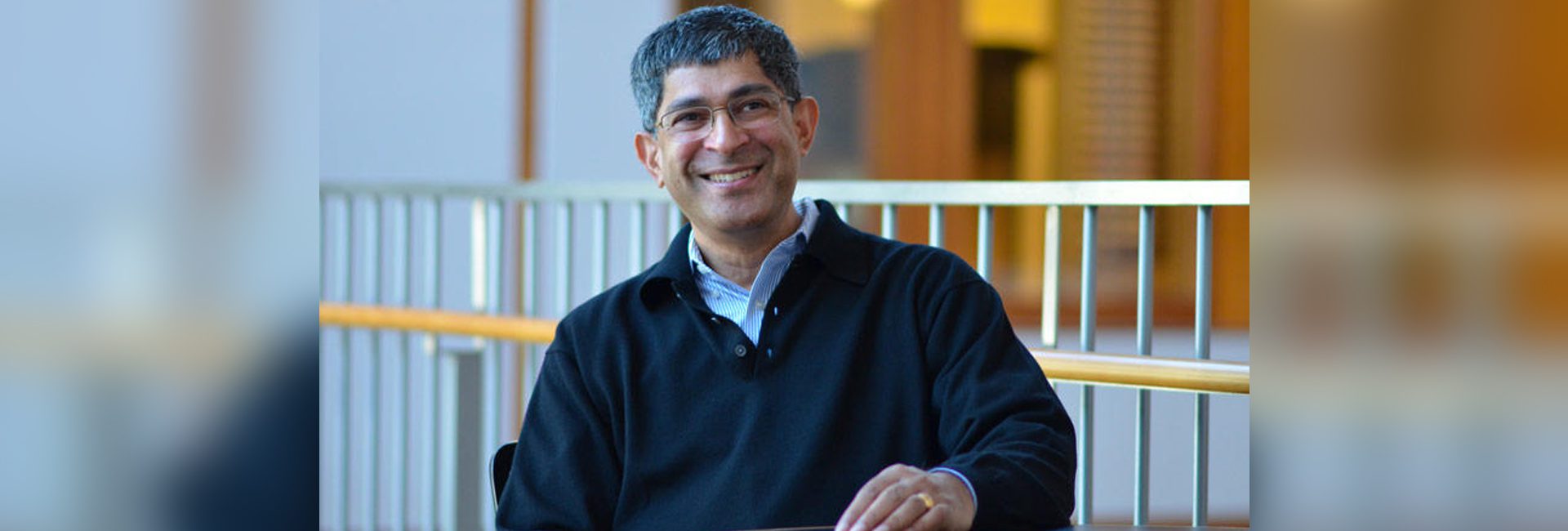
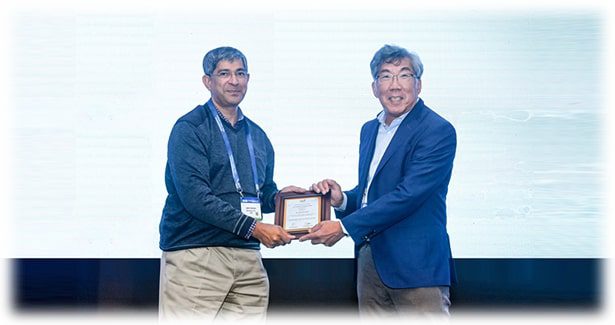 Prof John Kuriyan receiving SGRF Lifetime Achievement Award[/caption]
Prof John Kuriyan receiving SGRF Lifetime Achievement Award[/caption]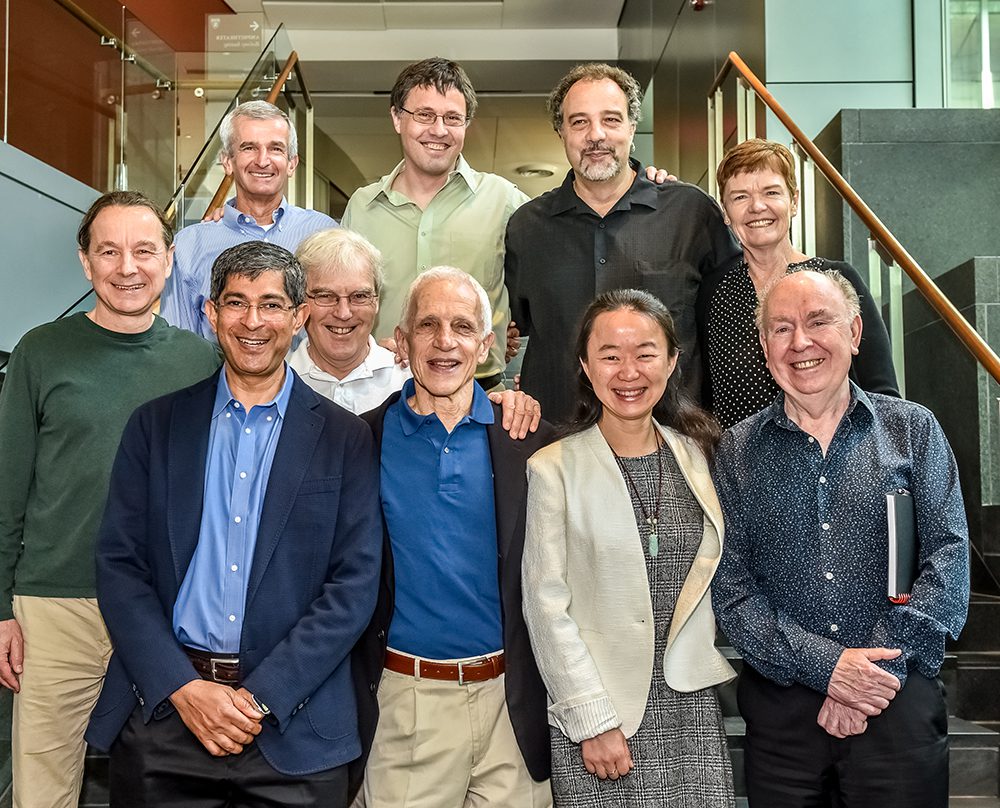 Prof John Kuriyan with world's leading structural biologists, at the Inaugural Symposium for the Harvard Cryo-Electron Microscopy Center for Structural Biology[/caption]
Prof John Kuriyan with world's leading structural biologists, at the Inaugural Symposium for the Harvard Cryo-Electron Microscopy Center for Structural Biology[/caption]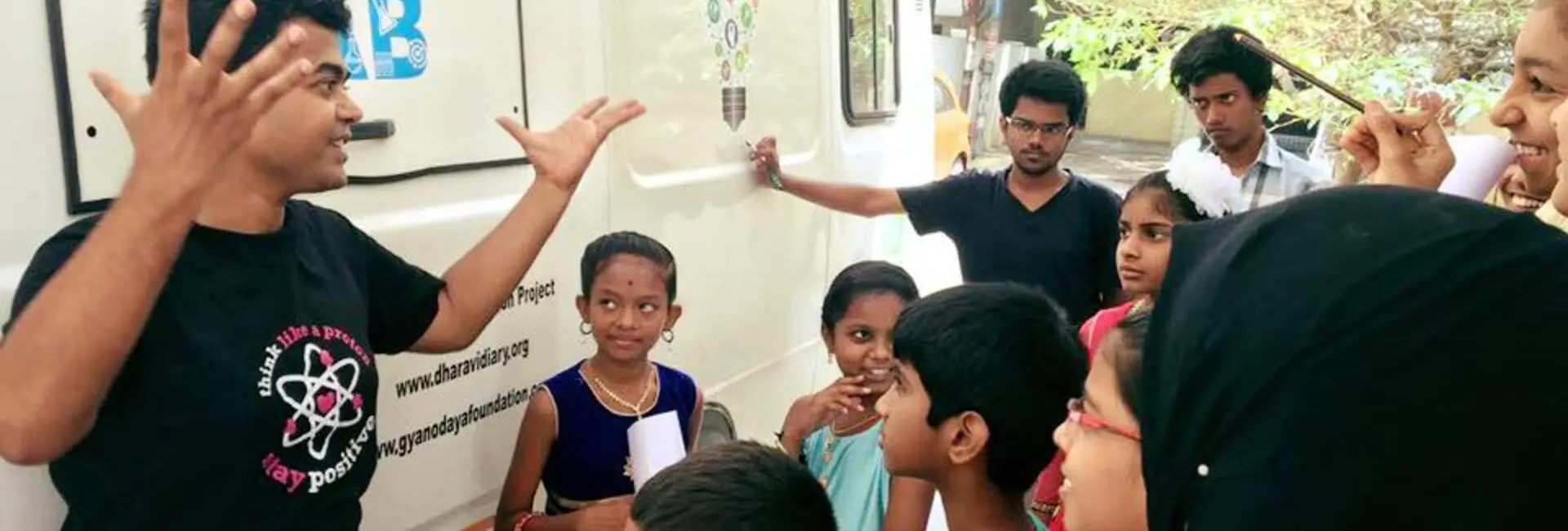
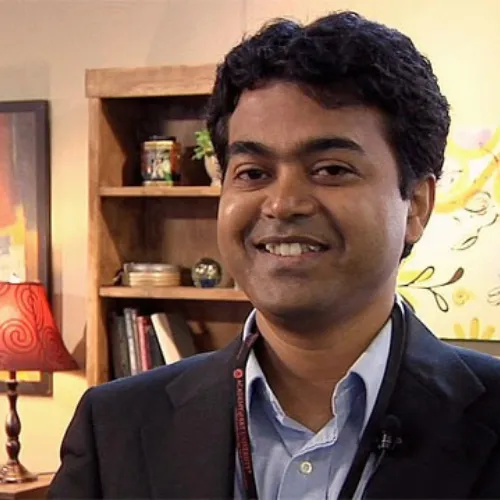 Nawneet Ranjan[/caption]
Nawneet Ranjan[/caption]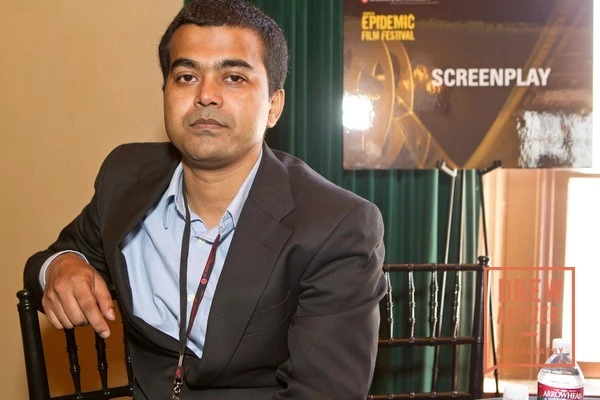
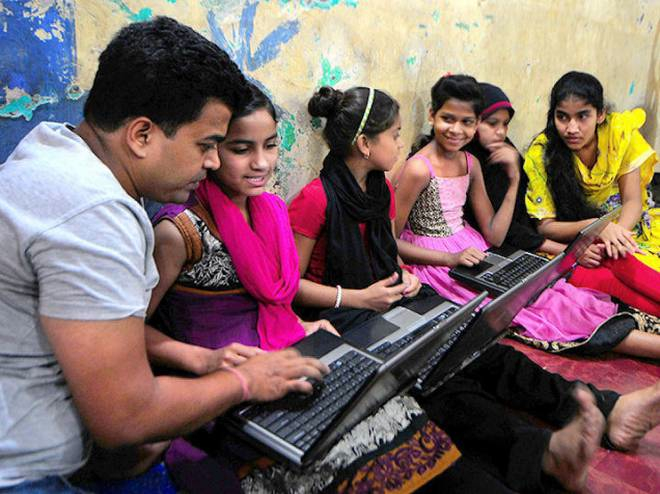
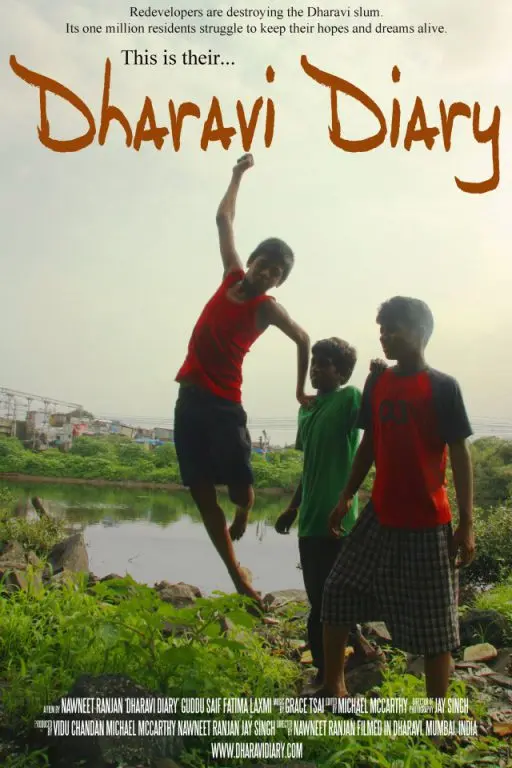 The poster of Dharavi Diary[/caption]
The poster of Dharavi Diary[/caption]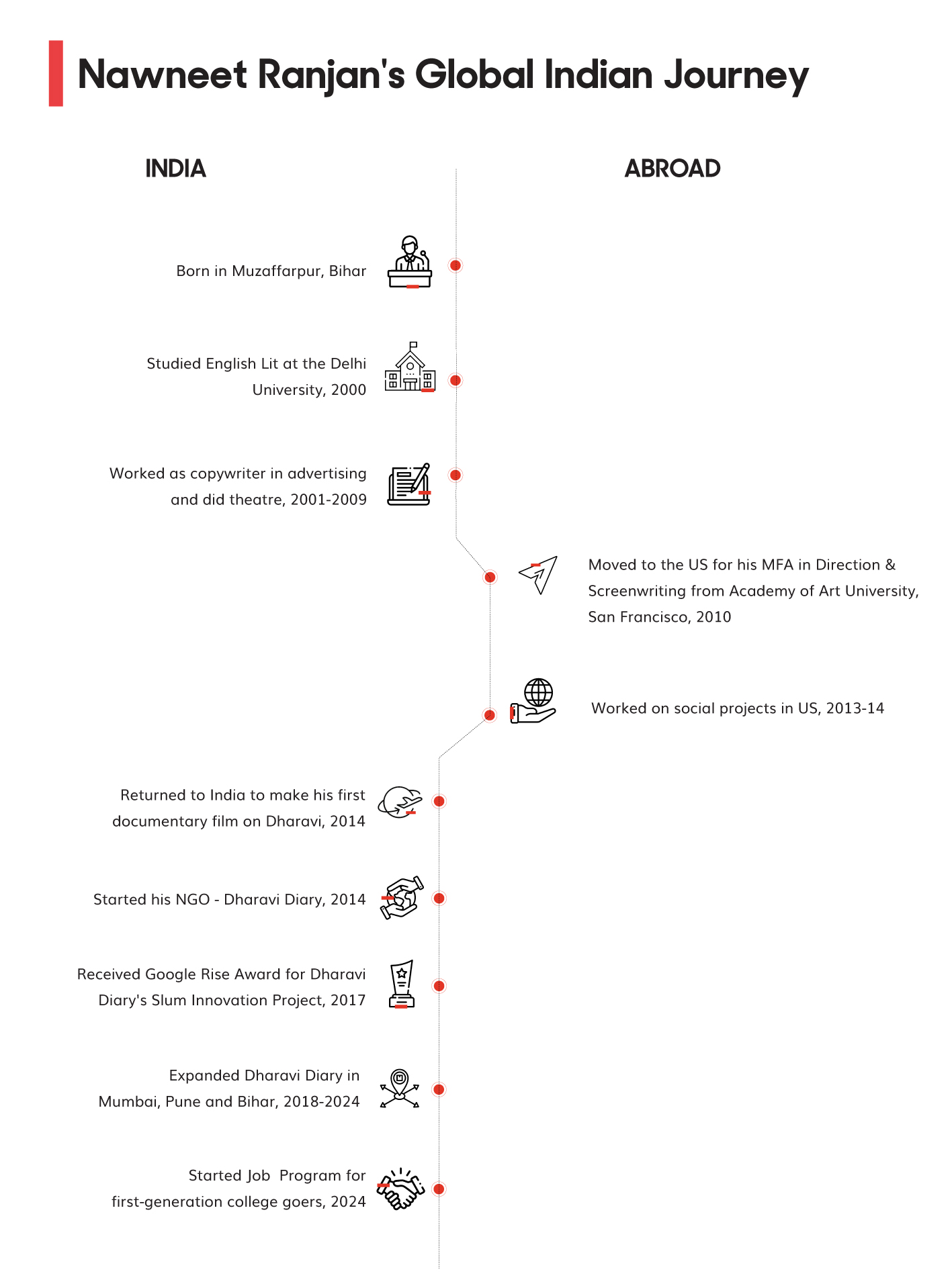
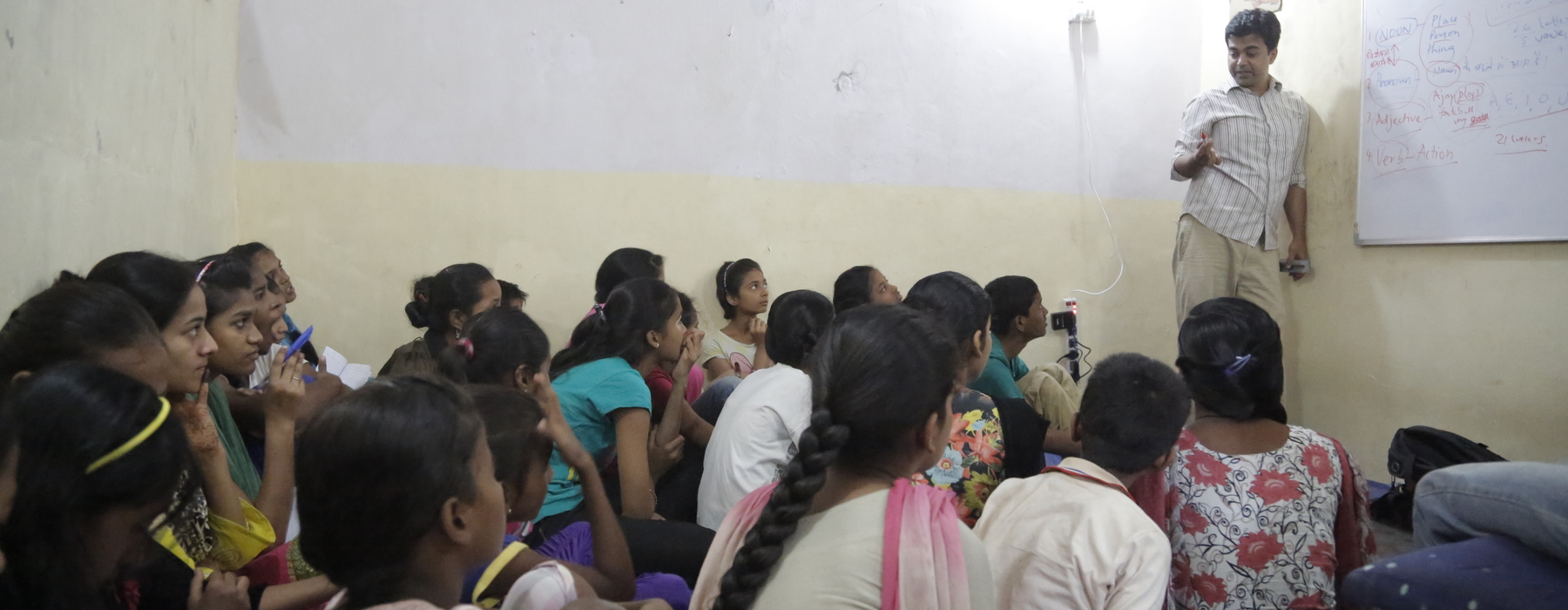
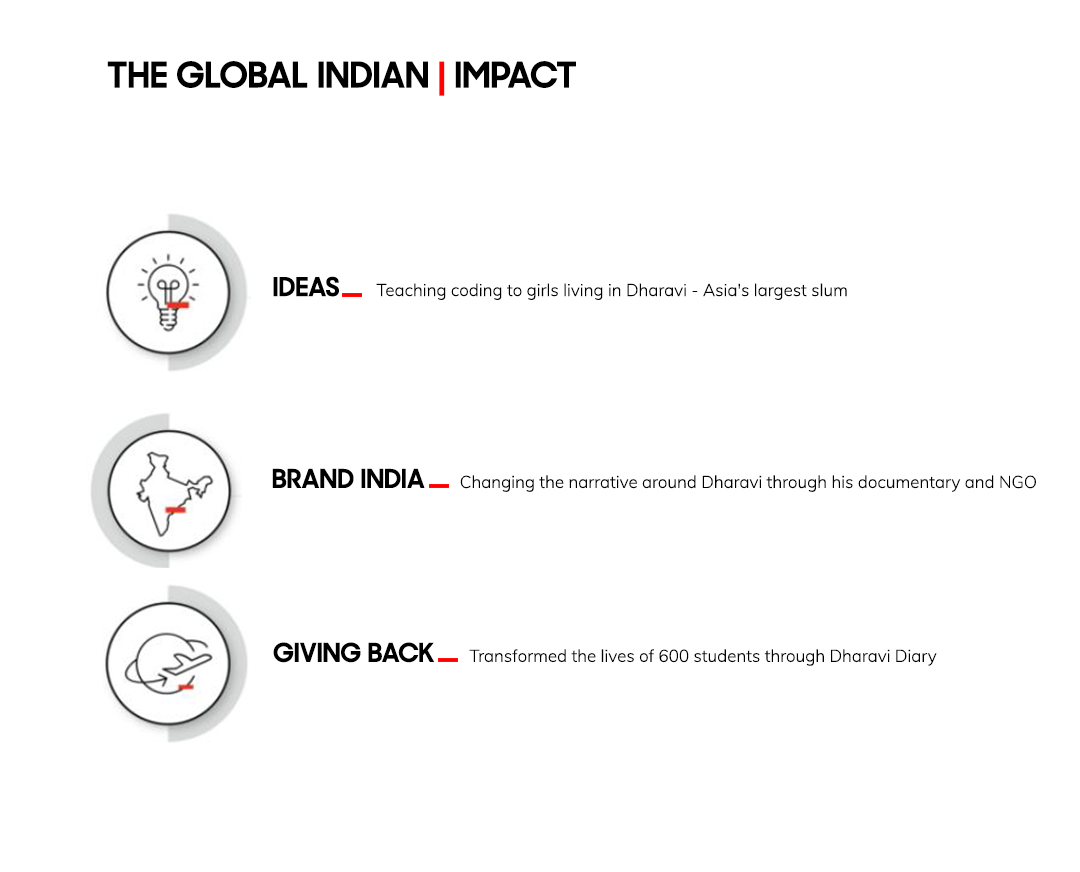
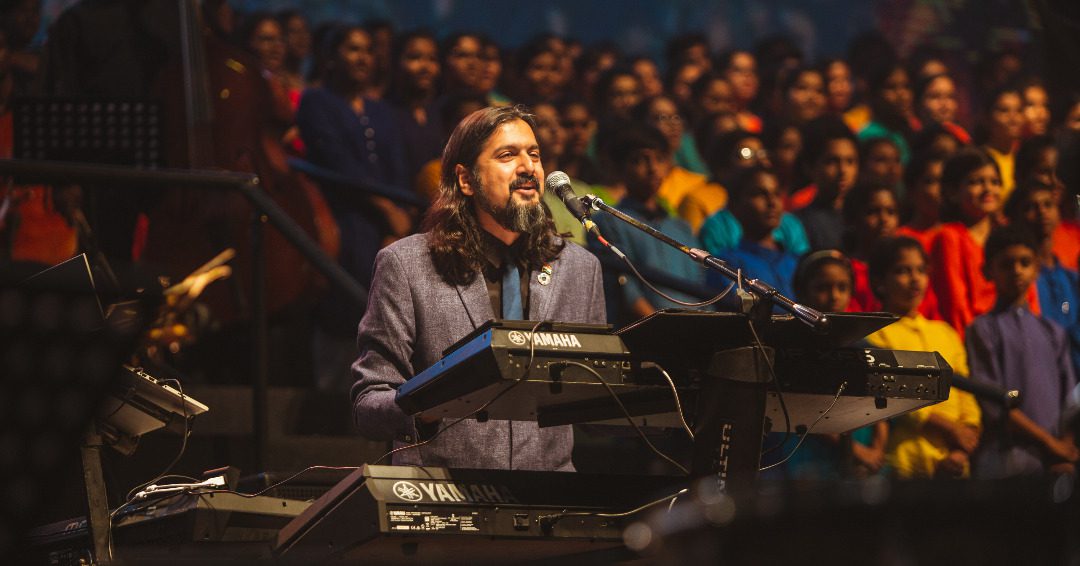


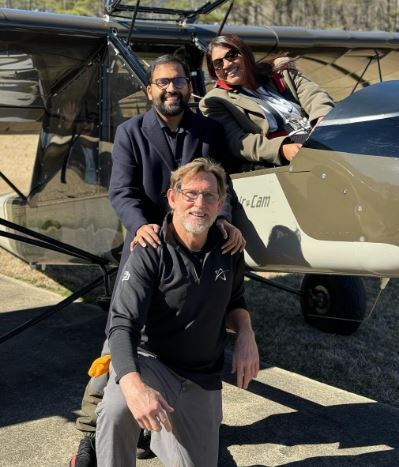 Gopi Thotakura (centre) at Preserve Life Corporation health and wellness centre in Atlanta[/caption]
Gopi Thotakura (centre) at Preserve Life Corporation health and wellness centre in Atlanta[/caption]
